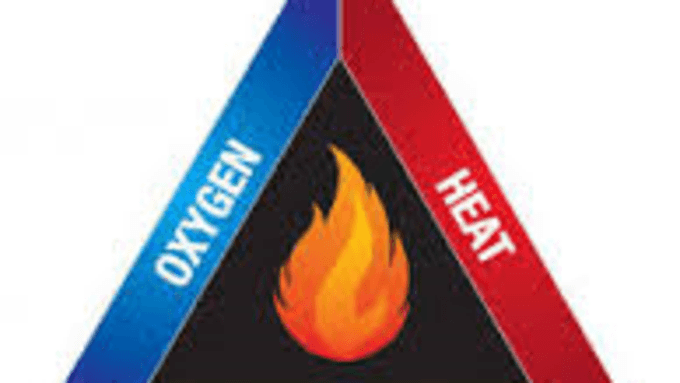Nationwide Ductwork Cleaning - Kitchen Extract Cleaning
24th August 2015
Nationwide Ductwork Cleaning - Kitchen Extract Cleaning - Crystal Surface
However well maintained a kitchen extract system in a commercial kitchen, there will inevitably be a building up of grease in the ductwork.
This accumulated grease forms a hidden combustion load within the internal surface of ductwork. This ductwork then penetrates deep within a building, through walls and floors before it reaches its discharge point. Under the right conditions fire or even high temperatures can ignite this level of grease, with devastating consequences.
This build up of grease also has hygiene implications and leads to the extract system running less efficiently.
If following a fire, the investigating Fire Officer found that there was a lack of access doors in the system making it impossible to clean, the building owner could be found guilty of negligence. They could be prosecuted and fined under the Health & Safety (Offences) Act 2009.
The introduction of the Regulatory Reform (Fire Safety) Order 2005, has created the legal requirement for all buildings to have a fire risk assessment undertaken. To comply with the legislation any identified fire hazard must be removed, controlled or minimised where possible. The Health & Safety Executive BSRIA FPA Insurance guidance and regulations stipulates that kitchen extract systems should be kept clean to minimise fire and other risks. Failure to comply with the above will often lead to refusal to pay up by the Insurance Company.
The areas of the extract that are not readily accessible require cleaning to TR19 Standards. Our operatives, trained to TR19 standards, will access panels at the correct intervals to ensure accessibility.
Once the cleaning is carried to TR19 Standard, a cleaning certificate will be issued showing the length of time until the next visit is required.
This certificate can then be produced upon demand to verify compliance with insurance requirements and Health & Safety obligations.
Remember the cleaning company can be held liable if they do not adhere clearly to the above standard.
Typical cleaning intervals are shown in the table below (TR/19):
| Usage | Hours Per Day | Cleaning Frequency |
|---|---|---|
| Heavy Use | 12-16 | 3 Monthly |
| Moderate Use | 6-12 | 6 Monthly |
| Light Use | 3-6 | 12 Monthly |
Notes to Table
- Commercial liability/property insurance policies invariably contain conditions and warranties that stipulate a minimum cleaning frequency for grease extract ductwork systems under the insurance contract which can be a higher frequency of cleaning that TR/19 recommendations. Failure to comply with such requirements will invalidate the property insurance.
- The canopy and canopy/extract plenum is an area of higher fire risk and consideration should be given to more frequent cleaning in accordance with insurers’ requirements.
- Periodic specialist cleaning should be accompanied by daily or weekly cleaning of canopies, filters and associated drains and traps in accordance with manufacturers’ recommendations, typically carried out by the kitchen operator, in complience with the property insurers’ requirements.
www.crystalsurface.co.uk
07943 402 312
<< Back to Case Studies
